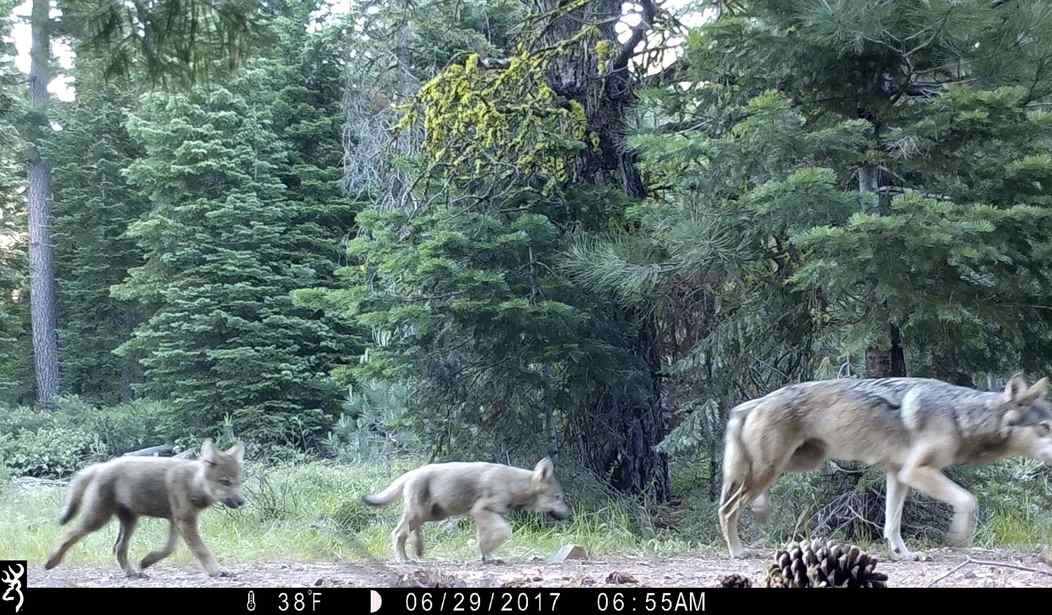Chris McCandless became famous for failure. A man “off the grid.” McCandless was the 24-year-old man whose 67-pound decomposing body was found in “Bus 142.” The rusting green and white wreck, a destination beacon for hikers and wayward travelers, had been resting off the Stampede Trail near Alaska’s Denali National Park for over 25 years. McCandless was a wandering man and not unused to the outdoors. He stopped at the rusted hulk, and after 107 days, he died there. McCandless starved to death. A movie called “Into the Wild” was made about his life and eventual death.
Unfortunately, many people lacking the expertise to be in the wild or make the trek to Bus 142 never made it to the drifter's talisman. Two people died in the Teklanika River while attempting to reach Bus 142. An additional 15 people had to be rescued trying to “relive” McCandless’s journey. Alaska finally had enough of people risking their lives and the lives of first responders for a photo-op and a story. Bus 142 had a hole cut out of its roof, and it was airlifted away for its resting spot - no longer a magnet for people looking to die.
For even experienced (if abundantly naive) people like McCandless, the wild can be unforgiving. Nature doesn’t take prisoners; it kills the unprepared and under-prepared.
This summer, Colorado claimed the lives of three people who hiked into a remote mountainous campsite south of Aspen. People die all the time while camping remotely, but the circumstances of these deaths are particularly appalling and tragic.
Last summer, Christine, 42, and Rebecca Vance, 41, decided that they had had enough of civilization. The Pandemic had, apparently, left them desperate to escape from society and to live “off the grid.” Rebecca had a 14-year-old son, and she insisted that the teenager go with the pair of women. Neither of the Vance women were experienced campers. Quite the contrary. They had camped years before like most occasional campers do – set up a tent, use the camp’s bathroom, and drive back to civilization on Sunday.
According to a family member:
Becky, mostly, was fearful of the way our world was becoming, especially after COVID. That pretty much broke the camel's back. After COVID, I mean, everybody felt it. The atmosphere changed, the economy changed, and even the way we did politics changed. Everything freaking just changed from zero to 80, and that, I think is what broke the camel's back with Becky, because she, growing up, she was always introvert, stick to herself type of person,” Jara says. “It wasn't exactly that she was not trusting or she thought everybody was bad or anything. She didn't want influences on her and her son from the world. And she thought that it would be better to go out by herself. I mean, she didn't want any contact with anybody.”
Although family members offered a campsite with an RV that had no cell or Wi-Fi coverage, the Vance women spent a year planning their escape, where they planned to camp in tents in the mountains. In the summer of 2022, they left to go "off the grid." The decomposing bodies of all three were found this summer by a hiker. They had died during the harsh winter, either of starvation or exposure. Likely both.
People who claim that they are prepared to “go off the grid” and disappear into the mountains are, for the most part, deluded. Very few people are prepared for what nature will throw at them. Pioneers, they are not.
The worst part of this tragedy was Becky Vance’s insistence that her 14-year-old go with her. A sister said:
Becky “fear[ed] the world would be a bad influence” on the teenager.
She would never leave my nephew. He was her everything, absolute everything. And there is no way that she would leave him with anybody.”
Although the family was "concerned," no one stopped the two women from taking the boy on what was clearly a suicide mission. Nature doesn’t take prisoners. In this case, she took three lives.

